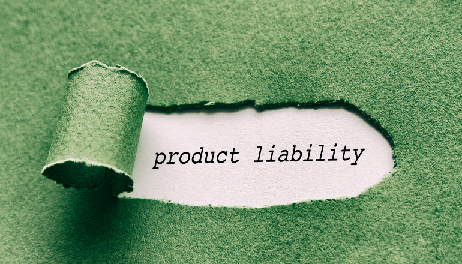There are many important things to consider before buying a home, and learning financial discipline is one of the most important. Without a solid understanding of managing your money, you could quickly find yourself over your head regarding a mortgage payment, property taxes, and home repairs.
Before considering buying a home, learning about budgeting, saving, and investing is essential. These concepts can seem daunting at first, but with a little effort, you can master them. And once you have that knowledge, you’ll be in a much better place to make a sound financial decision about purchasing a home.
So if you’re thinking about buying a home soon, start by learning about financial discipline. It could be the difference between success and failure when owning your property. Here are a few tips to help you prepare financially.
Save Up as Early as Possible
The sooner you start saving for a home, the better. If you put away even a tiny amount each month, it will add up over time. There are several ways to save money for a down payment on a home, such as setting up a savings account specifically for this purpose, investing in a certificate of deposit (CD), or using a 401(k) plan if your employer offers one.
If you’re already considering buying a home, now is the time to start saving. Begin by evaluating your budget and see where you can cut back to set aside money each month. Even if you can only save $50 per month, that’s $600 protected within a year. And every little bit helps when trying to come up with a down payment.
Create a Realistic Budget
Owning a home comes with many expenses, from the mortgage payment and property taxes to utilities and maintenance costs. Before buying a home, it is creating a realistic budget that accounts for all of these potential expenses is crucial.
Start by evaluating your current spending habits and see where you can cut back. For example, if you eat out often, try cooking at home more to save money. Or, if you have a gym membership that you never use, consider canceling it.
Once you know where your money goes each month, you can start setting aside money for potential home-related expenses. It’s also a good idea to have a cushion in your budget for unexpected costs, such as a broken appliance or a leaky roof.
By creating a realistic budget, you can get an accurate picture of what it will cost to own a home and ensure you stay prepared for the financial responsibility.
Get Your Debt Under Control
If you have outstanding debt, it is time to start paying it off. The less debt you have when applying for a mortgage, the better. That’s because your debt-to-income ratio (DTI) will be lower, one of the factors lenders use to determine whether to approve your loan.
To get your debt under control, start by creating a list of your outstanding obligations, including the balance and interest rate for each one. Then, develop a plan first to pay off the debt with the highest interest rate. You may need to make sacrifices, such as eating out less or cutting back on shopping, but it will be worthwhile in the long run.
In addition to getting your debt under control, you should also start working on boosting your credit score. A higher credit score will give you a better chance of qualifying for a lower interest rate on your mortgage. Several ways to improve your credit score include:
- Paying your bills on time.
- Maintaining a good credit history.
- Using a credit monitoring service.
By taking these steps to get your debt under control and boost your credit score, you can prepare for the financial responsibility of owning a home.
Finding an Affordable Mortgage
Getting pre-approved for a mortgage is essential once you’re ready to start shopping for a home. It will give you an idea of how much house you can afford and help you stay within your budget.
When applying for a mortgage, shop around and compare rates from multiple lenders. You can also ask family and friends for recommendations. Once you’ve found a few lenders you’re interested in working with, compare the interest rates, fees, and terms.
It’s also important to remember that different mortgage loans, such as fixed-rate or adjustable-rate mortgages, are available. A mortgage officer can help you determine which type of mortgage is best for you based on your financial situation.
Conclusion
Owning a home is a big financial responsibility, but it can also be a rewarding experience. By evaluating your budget, getting your debt under control, and finding an affordable mortgage, you can prepare for the financial challenges of buying a home. Then, you can enjoy the satisfaction of owning your own home.




